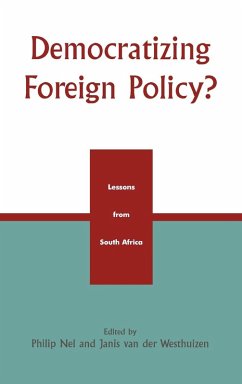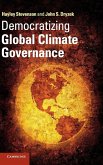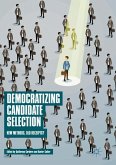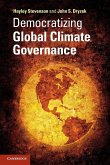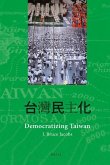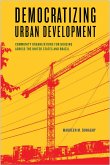In Democratizing Foreign Policy? Lessons from South Africa fifteen established and emerging scholars use South Africa as a case study to assess the extent to which democratic consolidation can be translated into the realm of foreign policy. Contributors discuss the South African Community as an arena of transnational democracy, the impact of European Union trade policy, and the significance of South Africa's controversial 'arms deals' as they explore the opportunities and constraints facing recently democratized societies in the Southern Hemisphere. This book provides a broad ranging assessment of the opportunities and challenges involved in opening the process of foreign policy making to civil society and the need to do so if the developing world is to better manage the complexities of globalization.
Hinweis: Dieser Artikel kann nur an eine deutsche Lieferadresse ausgeliefert werden.
Hinweis: Dieser Artikel kann nur an eine deutsche Lieferadresse ausgeliefert werden.
This well-crafted volume asks a central question, and answers it fairly conclusively: has post-apartheid South Africa lived up to the promise of a democratized polity, including its foreign policy approach? While the authors assembled here hace a decidedly critical orientation, and may be biased as a result, it is nonetheless refreshing to read so many articles that cut through the fluff of government propaganda and challenge foreign policy analysts and South Africans alike to think about the current reality. Politikon

